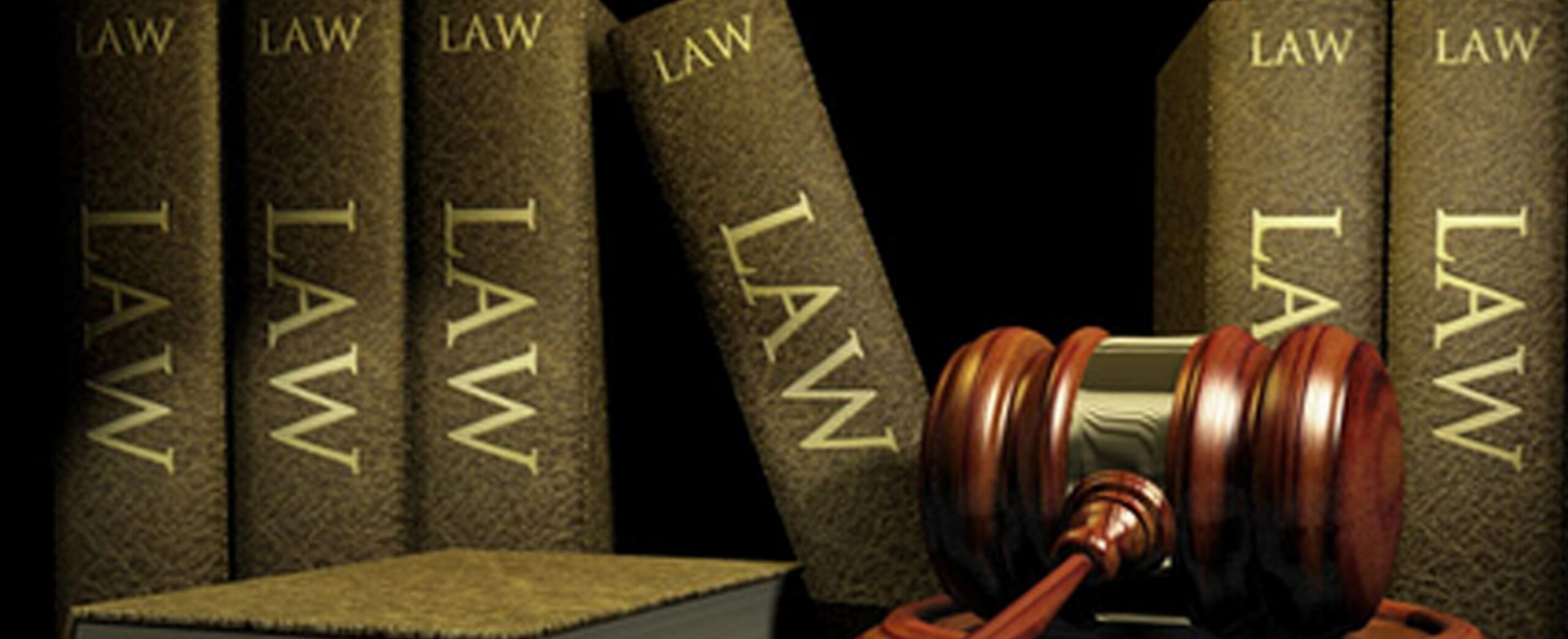Software copyright laws are an important way to protect your ideas from theft. Unfortunately, many software developers, entrepreneurs, and businesses choose to ignore or overlook these laws in order to save money. While this may seem like a good idea in the moment, it can have serious ramifications if you’re caught. Understanding the risks of ignoring software copyright laws is key to avoiding hefty fines and other legal troubles.
When developing software, it’s always best practice to consult a SaaS attorney specializing in software development and copyright law. This will ensure that you fully understand the legal implications of your decisions and can make informed choices about protecting your intellectual property (IP). Additionally, consulting with a lawyer can help you avoid common mistakes that could leave you vulnerable to potential lawsuits or government fines.

What Happens If You Ignore Software Copyright Laws?
One of the primary risks associated with ignoring software copyright laws is facing hefty fines from either the federal government or state governments depending on where your business is located. In addition to facing financial penalties, willful infringement of copyrights can sometimes lead to criminal charges being filed against individuals or companies responsible for violating copyright law. It’s also possible for those accused of copyright infringement to face jail time if they’re found guilty in court.
Consequences Beyond Fines & Criminal Charges
While financial penalties and criminal charges are two of the most serious consequences of ignoring software copyright laws, there are other repercussions. For instance, having a reputation for disregarding IP rights can damage your business’s credibility and its relationships with customers, partners, vendors and investors. As such, it’s critical for all businesses to be mindful of their obligations when developing new products and services that involve existing copyrighted works or technologies owned by another party.
The Consequences Can Be Costly
It’s important to remember that ignorance is not an excuse when it comes to infringing upon someone else’s copyrights — whether intentional or unintentional — so it pays off in the long run for any company developing new products or services involving existing copyrighted materials or technology owned by another party has consult with legal counsel before moving forward with their plans. The consequences of ignoring software copyright laws are too costly— both financially and reputationally —for any business owner or entrepreneur looking for long-term success in their industry should risk them needlessly by attempting to cut corners regarding IP protection measures..
What Is A Copyright ?
A copyright is a form of intellectual property right granted by US law that gives creators exclusive authority over the production of certain types of content, including books, magazines, websites, films, music, recordings, artwork, etc. By registering a work under a traditional copyright, an author gains the exclusive right to reproduce, distribute, perform, publicly display, modify, rent, lease, etc. similar creations within the borders of the United States without obtaining permission from anyone else. By giving authors control over how their works are used, copyright protection ensures that they are fairly compensated whenever someone uses their material.
How can you legally protect your intellectual property?
If you want full protection under U.S. law, your work must meet three criteria: originality, creativity, and intent – meaning that you created something new and creative and had an intent when you created it. To gain legal ownership of your work, you must register under one of two main categories; artistic works and literary works. While registration isn’t required, it provides additional benefits, including increased financial compensation, better protection against infringers, easier licensing ability, etc. Once registered, you’ll receive an official certificate of ownership along with access to various additional resources, tools that provide further security, information on enforcing rights abroad, etc.

What are the penalties for infringement?
If someone infringes an author’s exclusive rights by unauthorised reproduction, distribution, public performance, display, adaptation, rental, leasing, etc., they may be liable to civil and criminal penalties, depending on the severity of the situation. Civil penalties include statutory damages, lost profits, attorney’s fees, injunctions imposed by courts, temporary restraining orders, etc. whereas criminal penalties refer to imprisonment/fines up to 5 years $250,000 per violation plus possible restitution costs that the victim(s) may have incurred due to the infringement.
Conclusion
Ignoring software copyright laws carries serious consequences that can cost companies thousands, even millions of dollars, along with ruining hard-earned reputations with customers, partners and investors alike. Taking steps to ensure full understanding of knowledge before moving forward with any venture involving copyrighted materials technology owned by another party is essentially minimizing chances of costly litigation down the road saving significant amount of money trouble future endeavours …